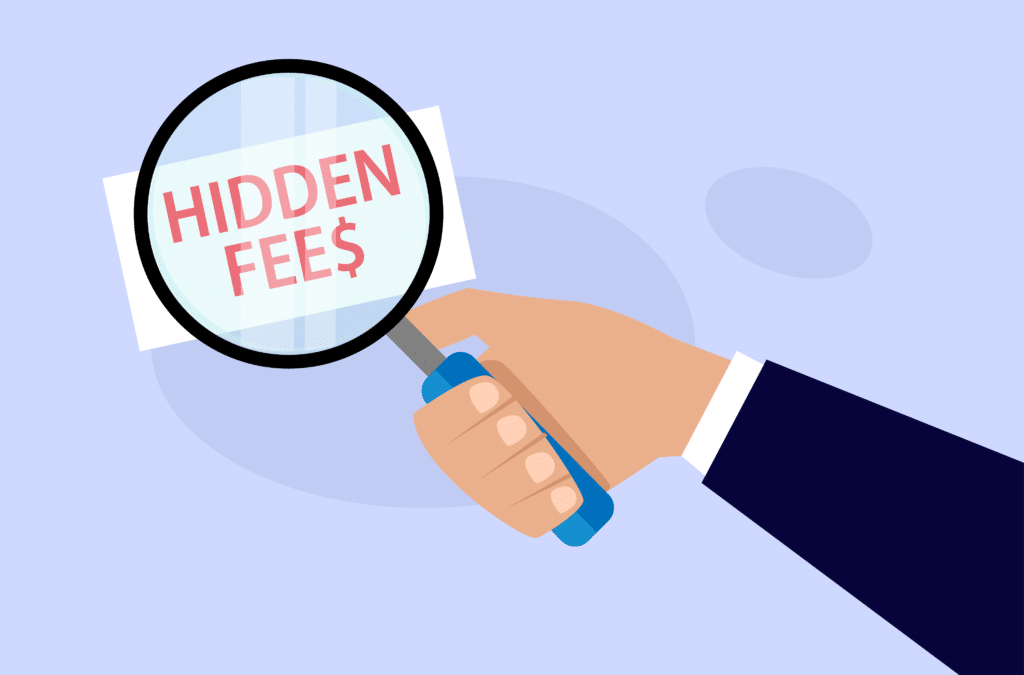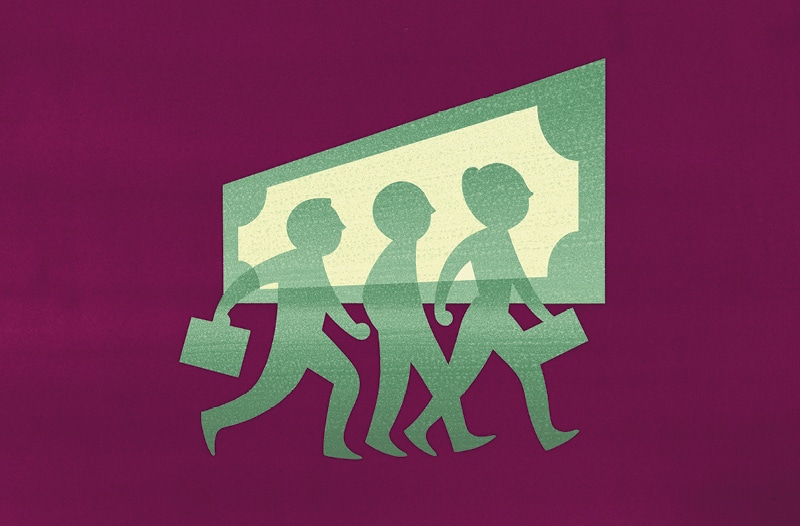
Q&A with Chris Duncan

One, companies need to have more control over the costs, and private exchanges provide that, particularly in a defined contribution setting. Two, employers are looking to drive more of the decision making to the employees, which results in behavior change by employees in consuming medical care more cost effectively. The third thing is that typically understaffed HR functions are totally overwhelmed with the compliance and the reporting that comes out of the ACA. Challenges in cost, complexity and compliance are the three things often most effectively addressed within a private exchange environment.
You can’t just solve for medical insurance decisions in a vacuum when the standard medical products are high-deductible payouts that most people can’t afford anyway. The federal exchanges basically stock the shelves with basic medical products, tell you what the subsidy is and you’re on your own.
Good private exchanges don’t do that. They support the employee and family in making a personalized benefit plan decision through education, communication and decision support tools in an online environment and, in many cases, access to licensed call centers staffed with people who know something about benefits to walk you through the process.




